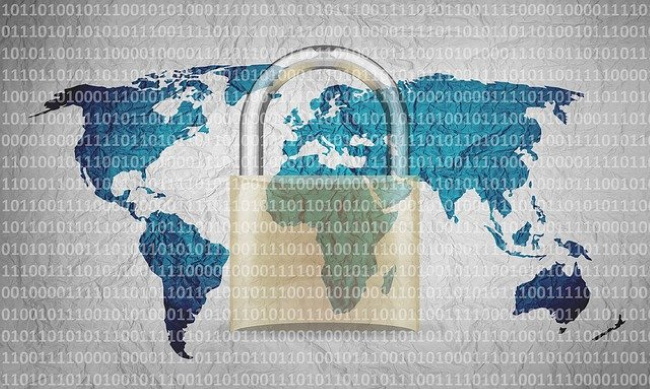With the rise of the COVID-19 pandemic, there has been a dramatic shift in the world nobody would have seen coming 365 days ago. While this has affected all areas of business, an interestingly and increasingly threatening area is the cybersecurity industry.
While in the past, hackers have been mainly focused on getting into the mainframes and networks of businesses to get data, steal, and cause damage for businesses, a much easier and more prominent way of hacking is to target the ever-increasing amount of home and remote workers. Let’s explore what’s going on.
A New Opportunity for Hackers
Rob Lee, an industrial security expert for Dragos Inc, was quote in a Bloomberg article stating that;
There has never before been an opportunity ‘to get access during a time of heightened remote access usage’. They then followed this up by saying “It’s a matter of public safety as well as national security.”
Since the rise of the COVID-19 pandemic, there has been a surge in hacking attacks of all kinds, and this makes. Whereas workers would go into work and access a network where a company could have paid millions to have their services and inner workings secure, now workers are working at home on unsecured internet connections that can be hacked incredibly easily.
Statistics show that the most common industries to be attacked in this surge include healthcare providers, banks, the personal accounts of public figures, and even power network grids. On the latter, there has been a ton of investment into power grid security since there are fears hackers could get inside and cause a huge amount of damage, including the potential to damage essential equipment and even to cause blackouts.
Keeping You and Your Business Safe
Whether you’re a business owner or you’re a remote worker or both, it’s up to you to make sure you’re protecting yourself and your data. Imagine logging into your bank account at home to make sure you’ve been paid, only to find out you put your bank details into a phishing page and are being scammed for all your money.
It’s stress you simply won’t want to deal with.
Here are some tips to ensure you’re protecting yourself and your place of work;
- Use strong, randomized passwords rather than easy to guess phrases.
- Access your files remotely using a secure network
- Hide your internet connection by using a VPN
- Never work on an unsecured internet connection.
- Never leave your devices open or unlocked at home or in public.
- Use firewalls and anti-virus software
- Never download suspicious files.
- Never open emails you don’t know or trust
Summary
With the rise in cyber attacks around the work during this sensitive time, it’s more important than ever before that everybody is aware of the issues and is being proactive in looking after themselves and their businesses, and is doing their part to minimize the risk of damage being caused. Make sure you’re communicating with your teams, getting educated, and adapting to the changing of the times.
